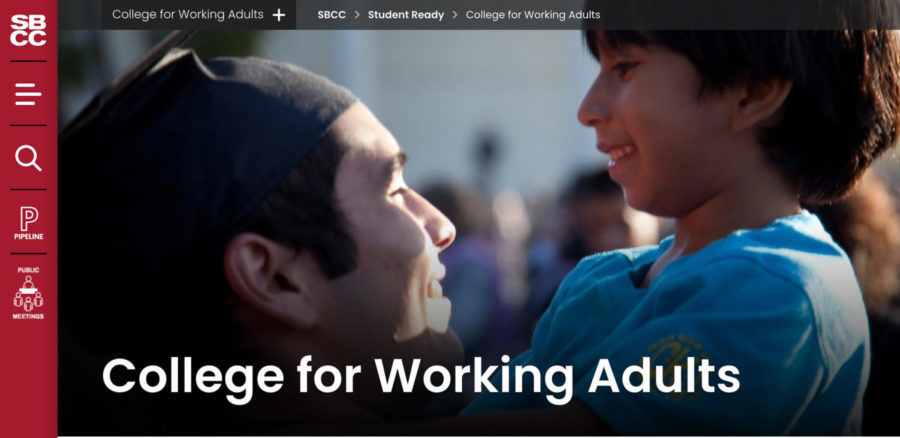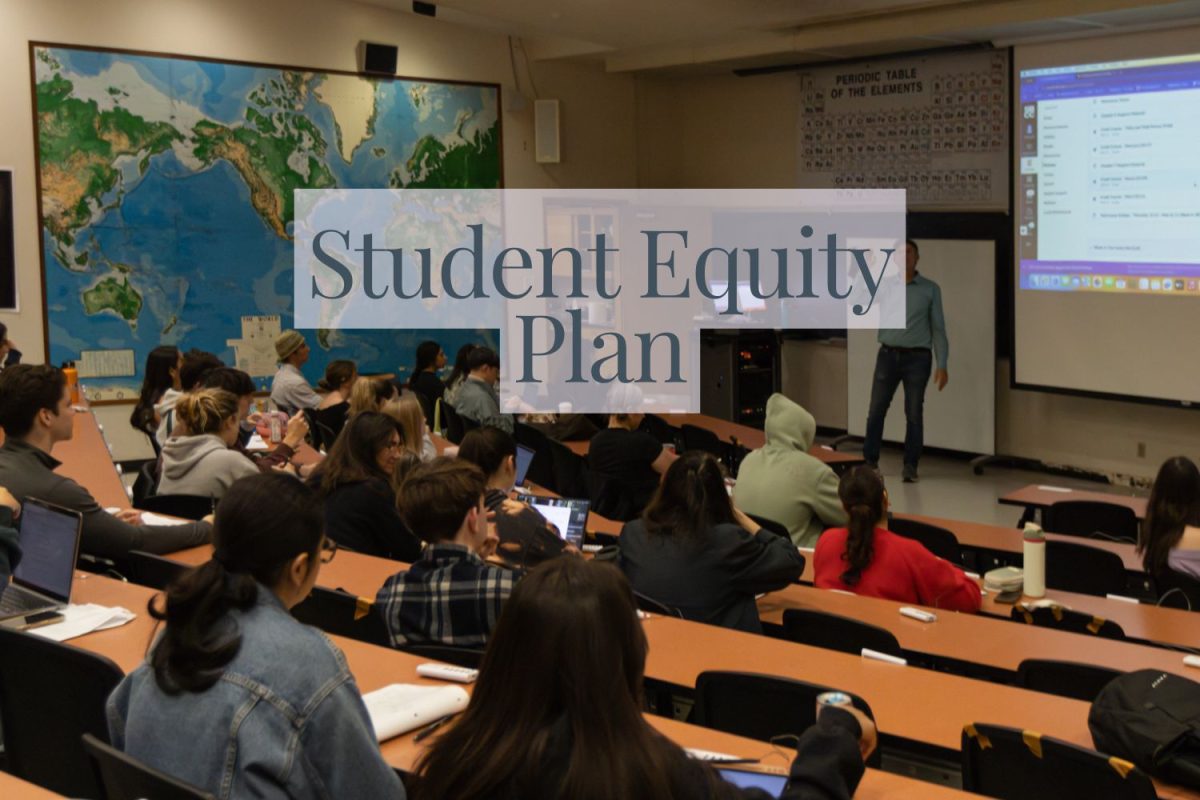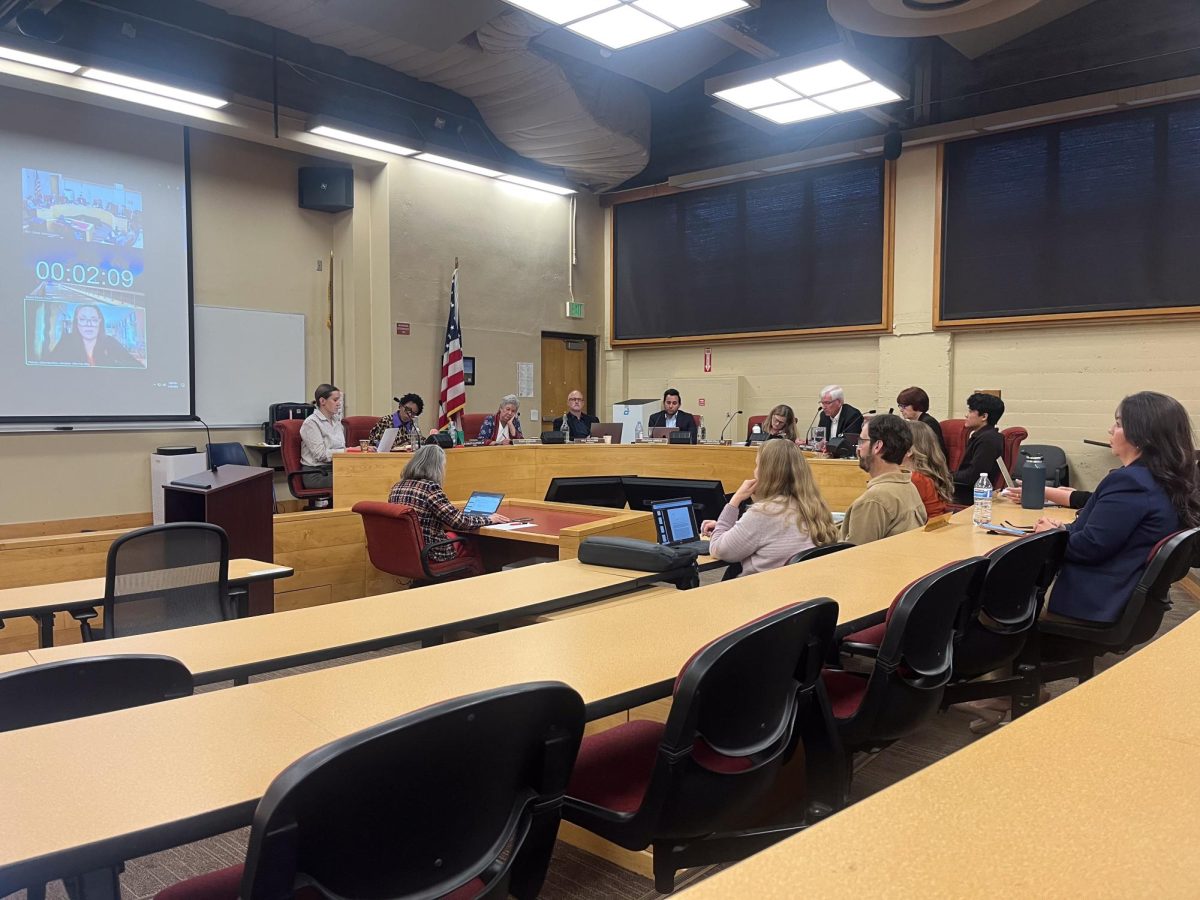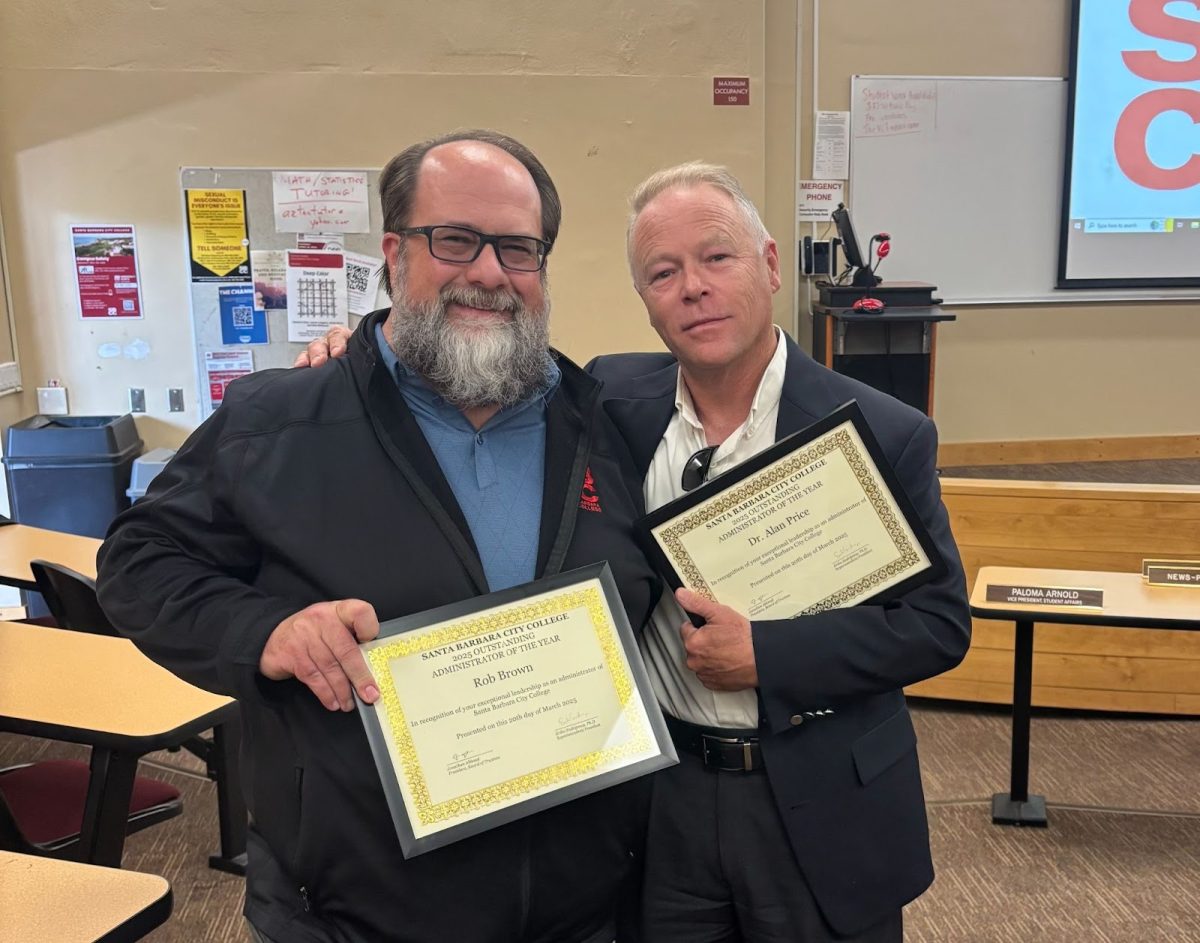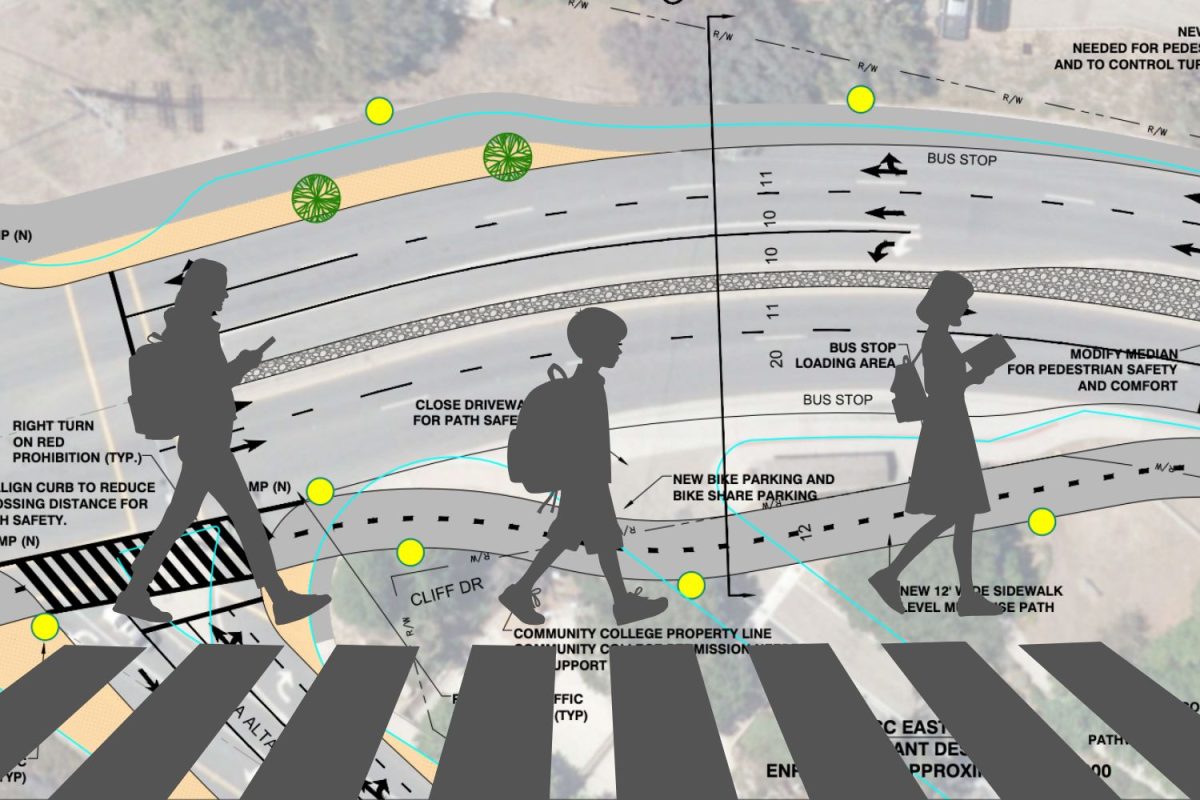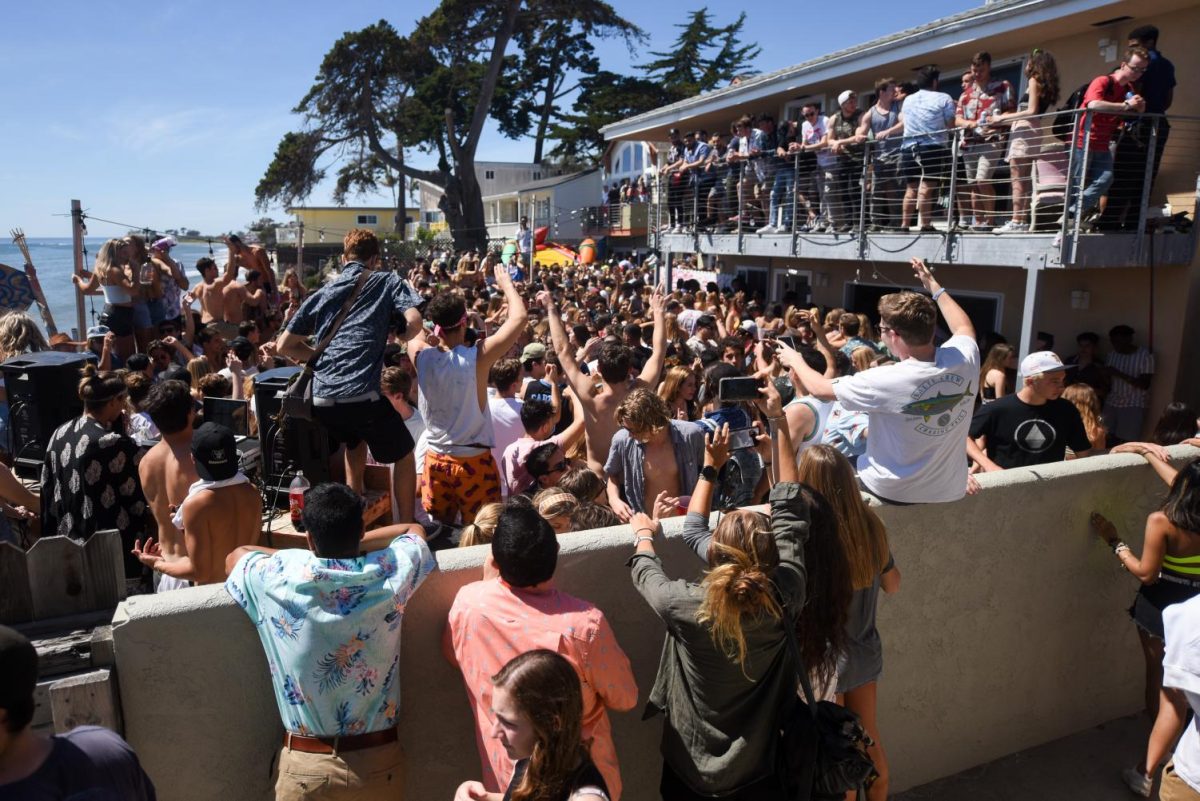City College may be the place where many older people are beginning a new life.
The pandemic has provided the opportunity for working adults to return back to school through its newest program that caters to returning students’ needs by being flexible and working around tight schedules.
The College for Working Adults seeks to assist its Hispanic, post-traditional and part-time student population, and is funded by the Student Ready Hispanic Serving Institution Title V grant.
“Every student benefits from the resources created from the funding,” said Adrienne Arguijo-Morgan, program coordinator at the College for Working Adults. “[It’s] almost like implementation money to create initiatives and systemic change on an institutional level.”
The program itself offers A.A. degrees in Chicana/o studies and psychology, or a dual associate degree in both Chicana/o studies and psychology. It also assists students in different majors working on IGETC and general requirements.
According to a video on the College for Working Adults website, the program is “perfect for part-time workers and working adults.”
The College for Working Adults was first intended to be an evening/weekend program, but the goal shifted to overall flexibility for all types of students with tight schedules.
“[Not necessarily] only focusing on the opportunity to have evening classes, but more so online classes or hybrid classes or synchronous classes,” Arguijo-Morgan said.
COVID-19 further transformed the program to an online instructional setting, creating challenges and opportunities.
Arguijo-Morgan said that online instruction is not a format that works for all students, since some are more comfortable in-person and internet connectivity can pose a challenge.
However, this is many peoples’ only option.
“Some students have seen the fact that our courses have gone online as an opportunity to go back to school that they maybe didn’t have before,” she said. “[They] are hoping that [there’s] an opportunity for classes to continue to be offered online.”
Post-traditional students, for example, are either coming back to college after some time away or are just now starting school. They are generally older individuals who work full time and have kids, and don’t have time to take regular classes on campus.
As the program continues through its fourth year of funding—out of a five-year plan—it has evolved into a full-fledged program that is steadily increasing.
“Our program is new enough that we’re starting to see some growth in terms of students enrolling,” Arguijo-Morgan said.
As for the future of the program, she said she hopes to continue the momentum, highlighting equity and inclusion by advocating for students and getting everyone enrolled.
“We hope that the work we started in terms of equity and inclusion practices … will continue to happen and we will continue to evolve as a campus,” Arguijo-Morgan said. ”We have many different types of students with many different needs.”


